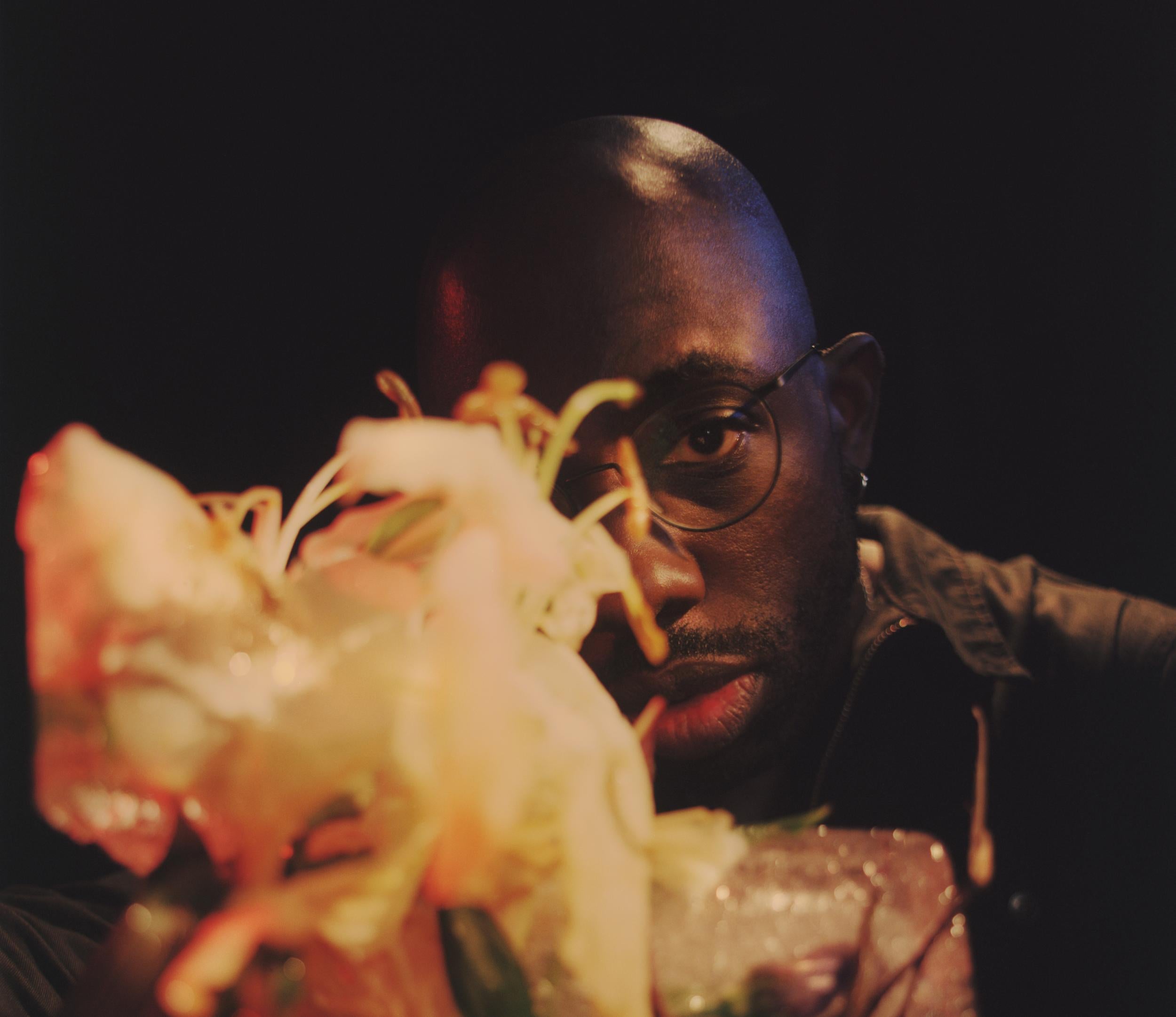Ghostpoet review, I Grow Tired But Dare Not Fall Asleep: Ornate compositions against an anxious backdrop
‘I haven’t reached my peak,’ artist prophesied on his last album, and now he proves he was right

Your support helps us to tell the story
From reproductive rights to climate change to Big Tech, The Independent is on the ground when the story is developing. Whether it's investigating the financials of Elon Musk's pro-Trump PAC or producing our latest documentary, 'The A Word', which shines a light on the American women fighting for reproductive rights, we know how important it is to parse out the facts from the messaging.
At such a critical moment in US history, we need reporters on the ground. Your donation allows us to keep sending journalists to speak to both sides of the story.
The Independent is trusted by Americans across the entire political spectrum. And unlike many other quality news outlets, we choose not to lock Americans out of our reporting and analysis with paywalls. We believe quality journalism should be available to everyone, paid for by those who can afford it.
Your support makes all the difference.Ghostpoet doesn’t care about making his audience feel safe. The 37-year-old’s songs are dark, uncomfortable things, designed to mirror to his innermost thoughts on politics, race, power and sex.
His fifth album, I Grow Tired But Dare Not Fall Asleep, follows 2017’s Dark Days + Canapes, where the artist born Obaro Ejimiwe combined Tricky-esque trip hop with post-rock influences, stark strings and bare-bones synths – all set against a backdrop of hedonism and paranoia.
“I haven’t reached my peak,” he prophesied on that album’s “Woe is Meee”, and now he proves he was right. After working with producer Leo Abrahams (Brian Eno, David Holmes), Ejimiwe chose to produce this record himself. Gone is much of the external noise – typewriter clatters, vinyl crackles and the whir of bicycle spokes – replaced by ambitiously ornate compositions.
As on Dark Days, I Grow Tired feels spookily prescient. The doomsday anxiety caused by a post-Brexit and Trump world has morphed into fully fledged panic: Ejimiwe imagines a dystopian wasteland full of shadows and vermin. “Sack Full of Rats” uses the EU Leavers’ refrain of “out means out” from his perspective as a child of immigrants (his parents are from Nigeria and Dominica). The buzzsaw of a violin opens “Humana Second Hand”, where Ejimiwe mutters: “Once again, the happy pills ain’t doing s***.”
Songs such as “Nowhere to Hide Now” and “Breaking Cover” borrow Gang of Four’s scratchy, post-punk electric guitar twangs; other tracks move slowly, building tension. But what Ejimiwe really reminds me of here is Tom Waits – from his fascination with mortality to the delight both artists take in sounds designed to unsettle. You’d be forgiven for mistaking the chimes on “Concrete Pony” for the dry clack of bones.
There are the briefest of moments when Ejimiwe’s artistry becomes too self-conscious. Yes, inviting artists such as Artschool Girlfriend and SaraSara in order to explore notions of gender works very well on “When Mouths Collide”, a sort of haunted house version of Serge Gainsbourg and Jane Birkin’s “Je t’aime… moi non plus”. But actual French – a huskily delivered reading of one of his poems on “This Trainwreck of a Life” – smacks of trying too hard.
By “Social Lacerations”, though, Ejimiwe is at the height of his observational prowess, examining the damage caused by selfie culture, social conflict and disillusionment. Those scars may not always be visible, he seems to say, but they’re there.
Join our commenting forum
Join thought-provoking conversations, follow other Independent readers and see their replies
Comments